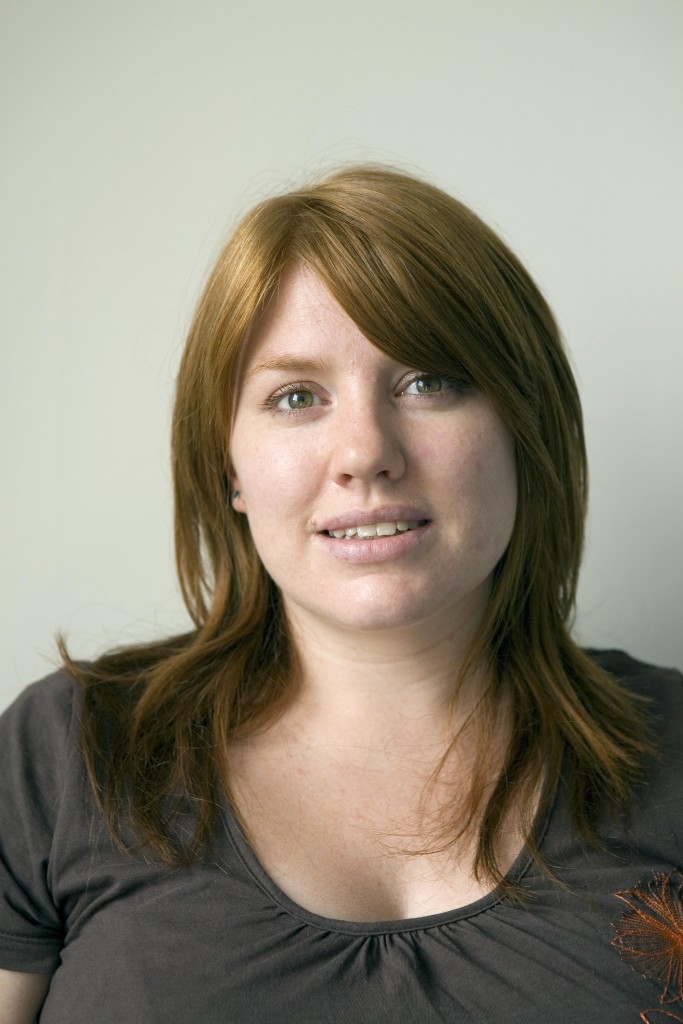Surrogacy law expert Dr Kirsty Horsey has welcomed a Government proposal laid before Parliament today that, if passed, will allow single men and women to claim legal parenthood of children born through surrogacy.
Dr Horsey leads the Surrogacy Law Reform Project at Kent Law School and has been actively researching surrogacy law – and advocating reform – for 20 years. In conjunction with Surrogacy UK, she authored a landmark report in 2015 – ‘Surrogacy in the UK, myth busting and reform’ – that provided an unprecedented insight into how surrogacy is practised in the UK.
Today’s remedial order laid by the government follows a ruling last year by the Family Division of the High Court. The case was brought by a single man who was unable to become the legal parent of his genetic child born through surrogacy in the United States. Sir James Munby, President of the Family Division, ruled that the current law, which allows only couples who are married, in a civil partnership or in an “enduring family relationship” to apply for a parental order, was incompatible with human rights law.
The government has repeatedly said it will commit to supporting a review of the outdated laws on surrogacy. Since confirming this position in a debate in the House of Lords in December 2016, the responses to a series of parliamentary questions in both Houses have reaffirmed this commitment, as well as lending full support to the Law Commision including a project about surrogacy in its proposed work programme for 2017 to 2019.
Dr Horsey said: ‘We hope that this is the start of a broader process of reform that brings UK surrogacy law in line with the reality of UK experiences and what we know about modern family forms more generally.’
The move is also welcomed by Surrogacy UK. Natalie Smith, a mother through surrogacy and chair of a cross-organisational working group on surrogacy law reform said: “This is fantastic progress. It is critical that we have surrogacy laws in the UK that reflect modern families and do not discriminate against people who are not in a relationship. There is no reason why surrogacy laws should be different to adoption or IVF which allow single people to become parents”.
For single people desperate to have a child, this is a beacon of hope. David Watkins, a single man, commented: “Children deserve to be raised by people that love and want them and those born out of surrogacy arrangements couldn’t be any more wanted and loved”. He added: “I am so pleased the change in the law will finally allow me and many others the opportunity to become fathers and mothers. I know I will be a loving and grateful father. This remedial order is critical in my journey to fatherhood”.
It is not only single men who will benefit from a change in the law. There are also many single women who are not able to a carry a child due to medical reasons. Emma (name changed) who lost her womb as part of her treatment for cancer said: “I have always known I would love to be a mother. I am financially secure and have a wonderful network of family and friends. Before my operation I would have been able to become a single mother but now that I need the help of a surrogate this option is not available to me. It is extremely frustrating and completely discriminatory. The remedial order gives me hope that my dream of being a mother might finally come true”.
The order will be scrutinised by the Joint Committee for Human Rights for sixty days before it is debated in Parliament.
Dr Horsey is a Reader in Law and has published widely on issues relating to the regulation of human reproduction. She is a member of the advisory committee for the Progress Educational Trust (PET), a charity that works to inform debate on assisted conception and genetics. She is also a Contributing Editor for BioNews, a free news and comment digest published by PET.

